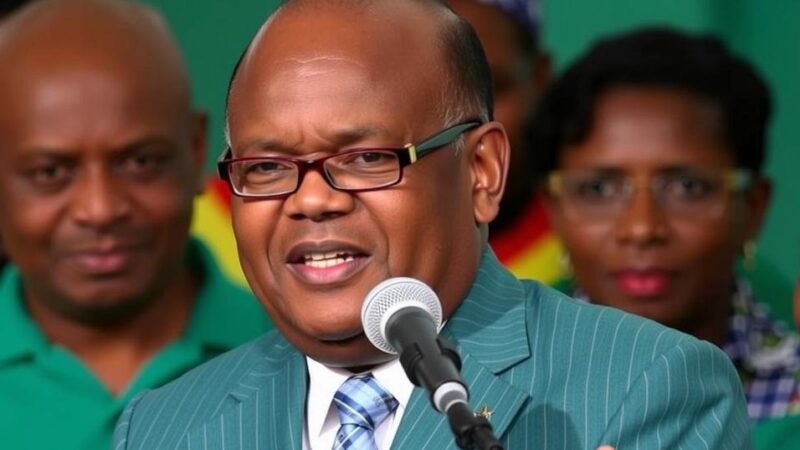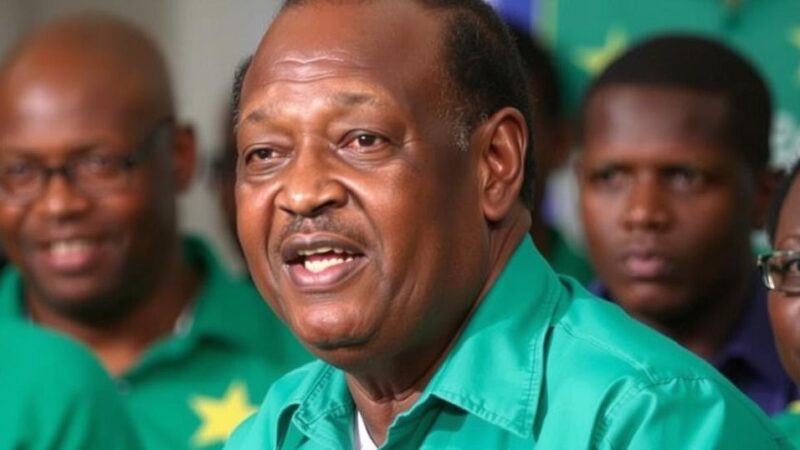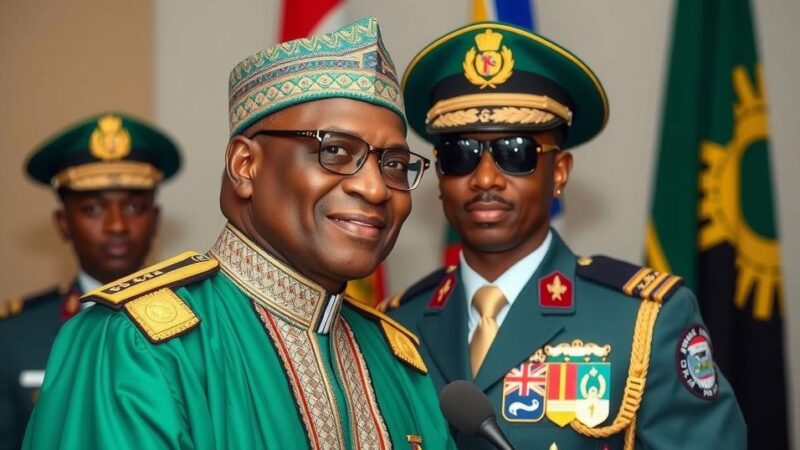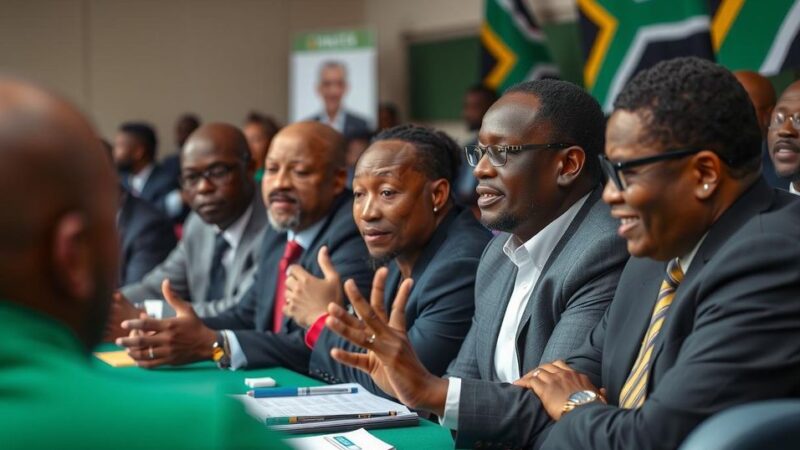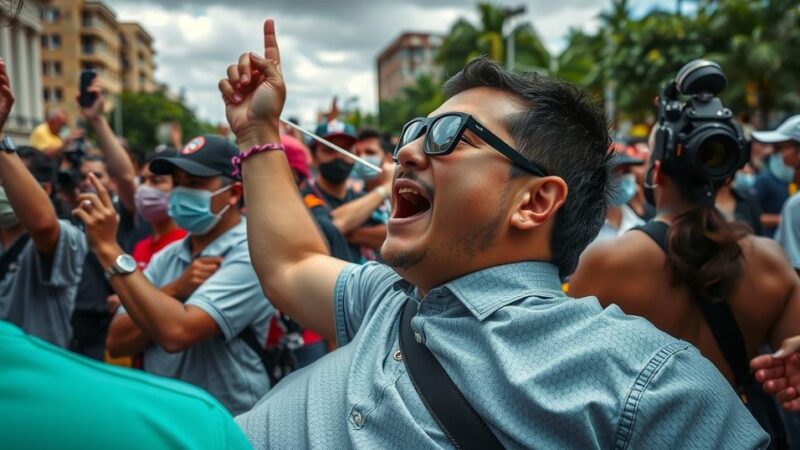Tunisia’s upcoming presidential elections are marred by allegations of unfairness, with two approved candidates against incumbent Kais Saied: Zouhair Magzhaoui and imprisoned Ayachi Zammel. Concerns of electoral integrity arise from the barring of significant opposition figures and suppression of dissent, raising questions about the future of democracy in Tunisia. The election results are expected to reflect the prevailing authoritarian state under Saied’s governance.
On October 6, Tunisia will witness the first round of a presidential election, amidst allegations of an electoral process skewed in favor of incumbent President Kais Saied. Opposition figures express concerns that this electoral exercise could signify a detrimental turn for Tunisia’s democracy, as only two candidates have qualified to compete against Saied: Zouhair Magzhaoui, perceived as a placeholder candidate, and Ayachi Zammel, who is currently imprisoned. Zammel’s recent incarcerations stem from allegations of falsifying documents during his candidacy, raising questions about the fairness and legitimacy of the election process. His imprisonment occurred shortly after he was sentenced to a total of 32 months for various offenses related to the election, which he argues are politically motivated charges aimed at silencing dissent. The Independent High Authority for Elections (ISIE) has determined eligibility, declaring that out of 17 candidates, only Magzhaoui, Zammel, and Saied would proceed, despite some candidates being reinstated by the Administrative Court. This court, seen as one of the last vestiges of judicial independence in Tunisia, has been rendered powerless by new reforms passed by Saied’s assembly, which stripped it of electoral oversight. Public unrest has re-emerged in the capital, Tunis, with protesters demanding free elections and denouncing the government’s repression of freedoms. While there exists a segment of the population that supports Saied’s strong-handed approach amid dissatisfaction with traditional politics, the overall atmosphere reflects significant disillusionment with political participation, evidenced by a mere 11 percent voter turnout in the 2022 parliamentary elections. As the election approaches, many expect Saied to emerge victorious given the prevailing environment of restricted opposition, media censorship, and limited choice in candidates. Here is a review of the three individuals on the ballot: Kais Saied: An independent, Saied, aged 66, previously enjoyed a favorable image among young voters due to his promises of combating corruption. However, his presidency has transformed into a consolidation of power following his administrative coup in July 2021, through which he curtailed democratic procedures and imprisoned political rivals. Ayachi Zammel: Aged 47, Zammel is the imprisoned leader of the Azimoun party, having previously served under different political banners. His ascendance to a presidential candidate position, despite incarceration, presents a unique scenario reminiscent of previous political prisoners in Tunisia. Zammel began his career favorably toward Saied but has since shifted to a critical viewpoint, especially following his imprisonment. Zouhair Magzhaoui: Leading the Echaab Movement and aged 58, Magzhaoui has historically supported Saied’s reform agenda and openly criticized the prior parliament. He has been seen as a defender of Saied’s policies, which he posits are necessary to combat corruption among corrupt politicians.
The forthcoming presidential election in Tunisia represents a critical juncture in the nation’s democratic trajectory. Following the seminal events of the Arab Spring, Tunisia had been heralded as a model for democratic transitions. However, since President Kais Saied’s consolidation of power in 2021, increasing authoritarianism has raised alarms about the state of democracy in Tunisia. Reports suggest that the electoral environment has been marked by the strategic barring of substantial opposition figures from participation and the curtailment of free speech, raising concerns about the integrity of the electoral process and future governance in the country. The past decade has seen fluctuating public engagement in politics, together with a backdrop of economic challenges, which have contributed to widespread disillusionment with political institutions.
In summary, the upcoming presidential election in Tunisia occurs under the shadow of significant democratic backsliding and criticism of the electoral process. With only three candidates slated to compete, and one of them currently imprisoned, the legitimacy of the electoral outcome is under scrutiny. Kais Saied’s government faces mounting discontent, but his administration still garners support from citizens disillusioned with traditional political structures. The outcome of this election and the related political developments will be pivotal in determining the future landscape of democracy in Tunisia.
Original Source: www.aljazeera.com


